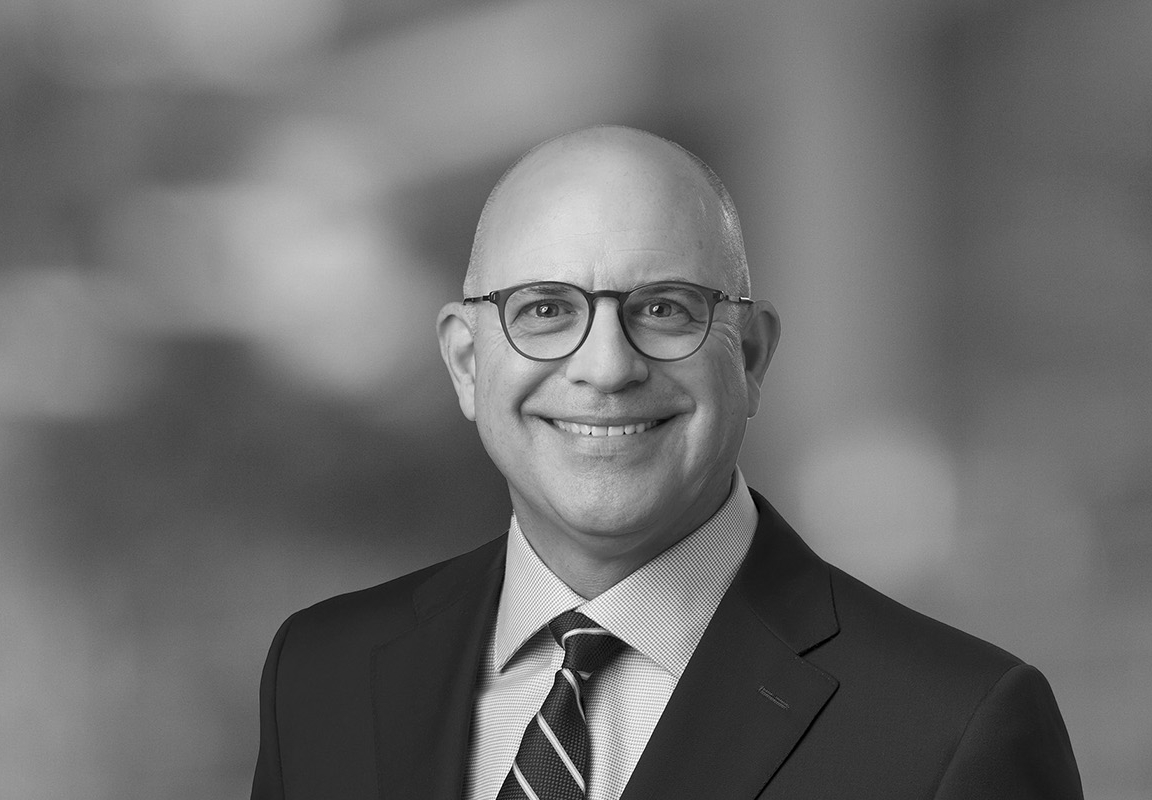
A Vested Interest in Honest Business: California Attorney General Reminds Businesses that FCPA Violations Remain Actionable under State Law Amid Federal FCPA Enforcement Pause
5 min read
On April 2, 2025, California Attorney General Rob Bonta issued a Legal Advisory reminding businesses operating in California that foreign bribery remains illegal under California law and that violations of the US Foreign Corrupt Practices Act (FCPA) continue to be actionable under the California Unfair Competition Law (UCL).
The Legal Advisory comes in the wake of President Trump's February 10, 2025, Executive Order (EO) that instructed US Attorney General Pamela Bondi to pause FCPA enforcement and to issue updated guidelines for enforcing the statute in line with Administration priorities.1 In contrast to the EO, which takes the position that US interests have been harmed by the "overexpansive and unpredictable FCPA enforcement against American citizens and business—by our own Government—for routine business practices in other nations," California Attorney General Bonta takes the position, consistent with the FCPA's legislative history,2 that foreign bribery is "bad for business." In announcing the Legal Advisory, California Attorney General Bonta commented: "Paying bribes to foreign officials is not only unethical, it's also bad for business. Bribery erodes consumer confidence in the market and rewards corruption instead of competition. As the fifth largest economy in the world, California has a vested interest in defending honest business."3
The Legal Advisory states that violations of the FCPA are actionable via the UCL, which prohibits unfair competition, defined as unlawful, unfair, or fraudulent business practices, and allows state and local prosecutors to bring civil enforcement actions against businesses operating in California that violate the law.4 A cause of action under the UCL requires a predicate violation of law, which can be federal or state and civil or criminal.5 Notably, California courts have acknowledged that a UCL claim can be predicated on an FCPA violation.6 In other words, a company's violation of the FCPA can constitute an unlawful business practice and give rise to liability under the UCL. Violations of the UCL may result in civil fines, restitution, injunctive relief, and disgorgement.7
In addition to the UCL, other anti-corruption enforcement mechanisms in California include the commercial bribery statute, which prohibits employees of a corporation or another type of organization from soliciting, accepting, or agreeing to accept money or anything of value from someone other than their employer corruptly, and without the knowledge or consent of their employer, in exchange for using their position to benefit that person, and also prohibits any person from offering or giving money to an employee to obtain such advantage.8 It remains to be seen whether, if circumstances warrant, California enforcement authorities will utilize the commercial bribery statute as a predicate for UCL violations, as California courts have held that any business practice prohibited by criminal law can qualify as unfair competition under the UCL, as noted above.9
As we observed in our February 2025 alert, notwithstanding the Trump Administration's dramatic shift in approach to FCPA enforcement, companies' continued commitment to anti-corruption compliance remains important. Perhaps most notably, and as California Attorney General Bonta also observed, the FCPA remains binding federal law. While federal enforcement of the FCPA may be paused in the short term, California—and perhaps other states, in addition to foreign enforcement authorities—appear ready to try to pick up the slack when it comes to anti-corruption enforcement. It remains to be seen to what extent such enforcement authorities will be able to fill the gap left by the pause in US federal enforcement to investigate and prosecute complex transnational bribery schemes.
In the meantime, California Attorney General Bonta's message is clear: "Bribing foreign officials is illegal under California law and will not be tolerated."10 Businesses operating in California in particular should therefore continue to comply with the FCPA and maintain effective anti-corruption compliance programs.
Matt Jones (White & Case, Associate, Los Angeles) contributed to the development of this publication.
1 US Securities and Exchange Commission staff have indicated they will follow the Justice Department's lead. Chris Prentice and Dawn Kopecki, Top officials to leave US SEC's anti-bribery unit, sources say, Reuters (Apr. 2, 2025) available here.
2 S. Rep. No. 95-114, at 4 (1977) as reprinted in 1977 U.S.C.C.A.N. 4098, 4101 ("Corporate bribery is bad business. In our free market system, it is basic that the sale of products should take place on the basis of price, quality, and service. Corporate bribery is fundamentally destructive of this basic tenet. Corporate bribery of foreign officials takes place primarily to assist corporations in gaining business. Thus foreign corporate bribery affects the very stability of overseas business. Foreign corporate bribes also affect our domestic competitive climate when domestic firms engage in such practices as a substitute for healthy competition for foreign business.").
3 California Department of Justice, Office of the Attorney General, Attorney General Bonta Alerts Businesses: It Remains Illegal to Bribe Foreign-Government Officials (April 2, 2025) https://oag.ca.gov/news/press-releases/attorney-general-bonta-alerts-businesses-it-remains-illegal-bribe-foreign.
4 Cal. Bus. & Prof. Code, § 17200 et seq.
5 See, e.g., Espejo v. The Copley Press, Inc., 13 Cal. App. 5th 329, 367 (2017).
6 See Korea Supply Co. v. Lockheed Martin Corp., 29 Cal. 4th 1134, 1143–44 (2003).
7 Unlike the FCPA, which can only be enforced by a government authority, a private plaintiff may raise a claim under the UCL if the plaintiff has suffered an injury in fact and has lost money or property as a result of unfair competition as prohibited by the UCL. Private parties bringing a claim under the UCL, however, may only seek as remedies restitution or injunctive relief.
8 Cal. Pen. Code, § 641.3.
9 See, e.g., Stop Youth Addiction, Inc. v. Lucky Stores, Inc., 17 Cal. 4th 553, 559–60, 950 P.2d 1086, 1090 (1998).
10 California Department of Justice, Office of the Attorney General, Attorney General Bonta Alerts Businesses: It Remains Illegal to Bribe Foreign-Government Officials (April 2, 2025) https://oag.ca.gov/news/press-releases/attorney-general-bonta-alerts-businesses-it-remains-illegal-bribe-foreign.
White & Case means the international legal practice comprising White & Case LLP, a New York State registered limited liability partnership, White & Case LLP, a limited liability partnership incorporated under English law and all other affiliated partnerships, companies and entities.
This article is prepared for the general information of interested persons. It is not, and does not attempt to be, comprehensive in nature. Due to the general nature of its content, it should not be regarded as legal advice.
© 2025 White & Case LLP




